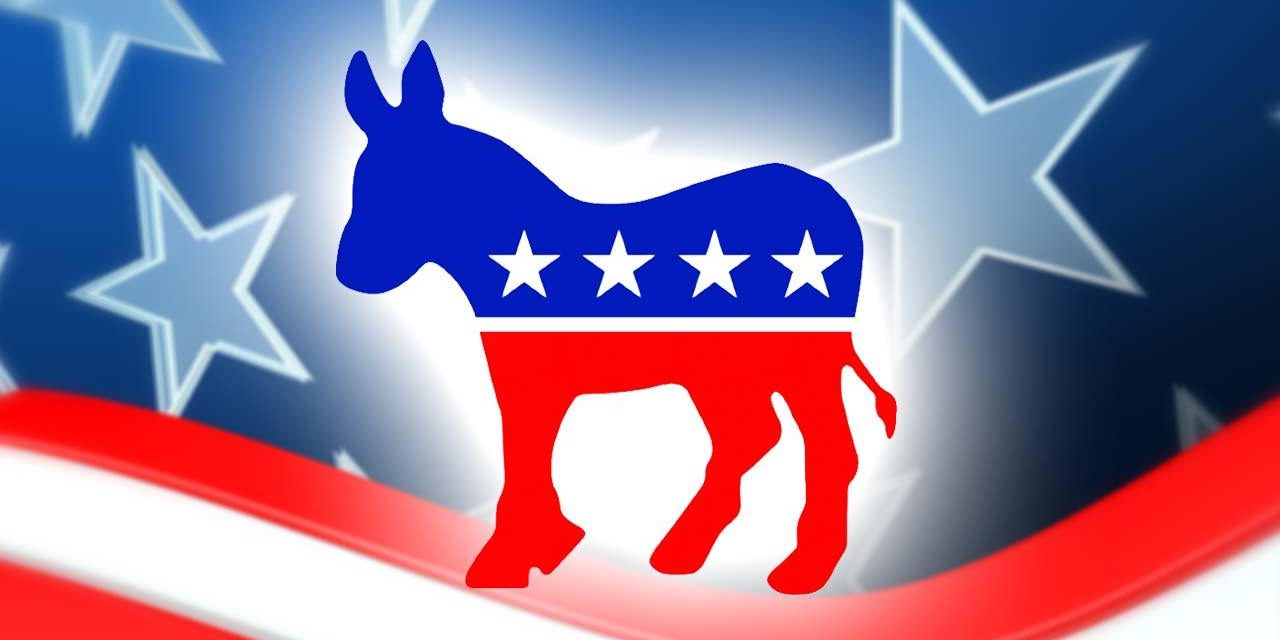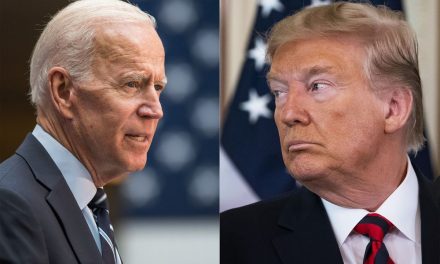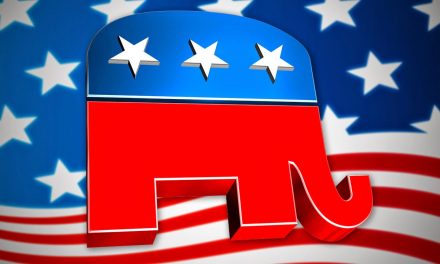Democrats say they’re in need of serious course corrections to stay competitive in future elections, warning the party may no longer be able to rely on anger at President Trump to drive voters to the polls.
Top liberals interviewed by The Hill expressed concern that the party would drift back to old established ways after using Trump as a boogeyman to raise money and juice turnout for the past two cycles.
Democrats are alarmed after this month’s elections revealed soft spots among non-college-educated and Latino voters and are skeptical that they’ll consistently be able to rely on turnout from affluent white suburbanites who rejected Trump.
With Trump out of office, some Democrats say the party should fill the void of economic populism he’ll be leaving behind by aiming their policies and rhetoric at lifting working-class Americans who have felt ignored by Washington.
And they feel a renewed urgency to build out a centralized campaign infrastructure. They’re calling on President-elect Joe Biden to work on rebuilding the Democratic National Committee (DNC) and for party operatives to train their focus on winning state legislative races that Republicans have dominated.
“The 2020 election was a referendum on Donald Trump, plain and simple,” said Robert Reich, a former Labor secretary under President Clinton and economic adviser to President Obama. “Democrats really have not had to worry about their message or having substantive policy proposals over the last four years. But going forward, Democrats can’t just rely on being against Trump. The question is, who do Democrats stand for and what do they stand for now in the post-Trump era?”
Democrats say that after Biden squashes the coronavirus pandemic and stabilizes the economy, he needs to steer the party in a direction where it can credibly claim to be representing working people and not the monied class.
The rural-urban partisan divide has never been greater, and Democrats worry that they risk becoming the party of educated cultural elites when their own base is energized by the economic populism espoused by leftists such as Sens. Bernie Sanders (I-Vt.) and Elizabeth Warren (D-Mass.).
Liberals see the path to winning over the working poor through policies such as raising the minimum wage, expanding the earned income tax credit, raising taxes on the wealthy, investing in infrastructure and jobs programs, expanding the Affordable Care Act and addressing soaring health care deductibles.
“I don’t think Democrats can sustain themselves as the party of the college educated,” Reich said. “There aren’t enough of them, and it leaves a huge void in American politics. … Biden could still fill it. He has working-class roots and he’s connected to labor unions, but both rhetorically and in terms of policy, he’s got to show Americans he’s on the side of the bottom two-thirds who have all but been forgotten.”
Biden has said his first actions as president will be to provide a pathway to citizenship for undocumented immigrants, to roll back Trump’s executive orders on the environment and to send financial assistance to states and local government struggling to meet budgetary shortfalls amid the pandemic.
The coalition of voters that turned out to elect Biden in 2020 included wealthy, formerly right-leaning suburban-dwellers. Democrats would be thrilled to keep them as a part of their base going forward, but many view those as fleeting “tactical” votes against Trump.
Veteran Democratic operative Mark Longabaugh said that if Democrats are to keep their 2020 voters and draw in new ones, it will be because of an “obsessive focus on health care and kitchen table economics.”
Longabaugh said Democrats are too easily distracted, missing the big picture while getting drawn into complicated rhetorical fights over which party is more committed to protecting pre-existing conditions, for example.
“It’s absolutely vital that the Democratic Party come with a bread-and-butter kitchen table economic message for the country. We’ve many times failed to do that effectively, and it’s cost us,” he said.
Read more at The Hill: https://thehill.com/homenews/campaign/527628-democrats-seek-new-identity-in-post-trump-era





